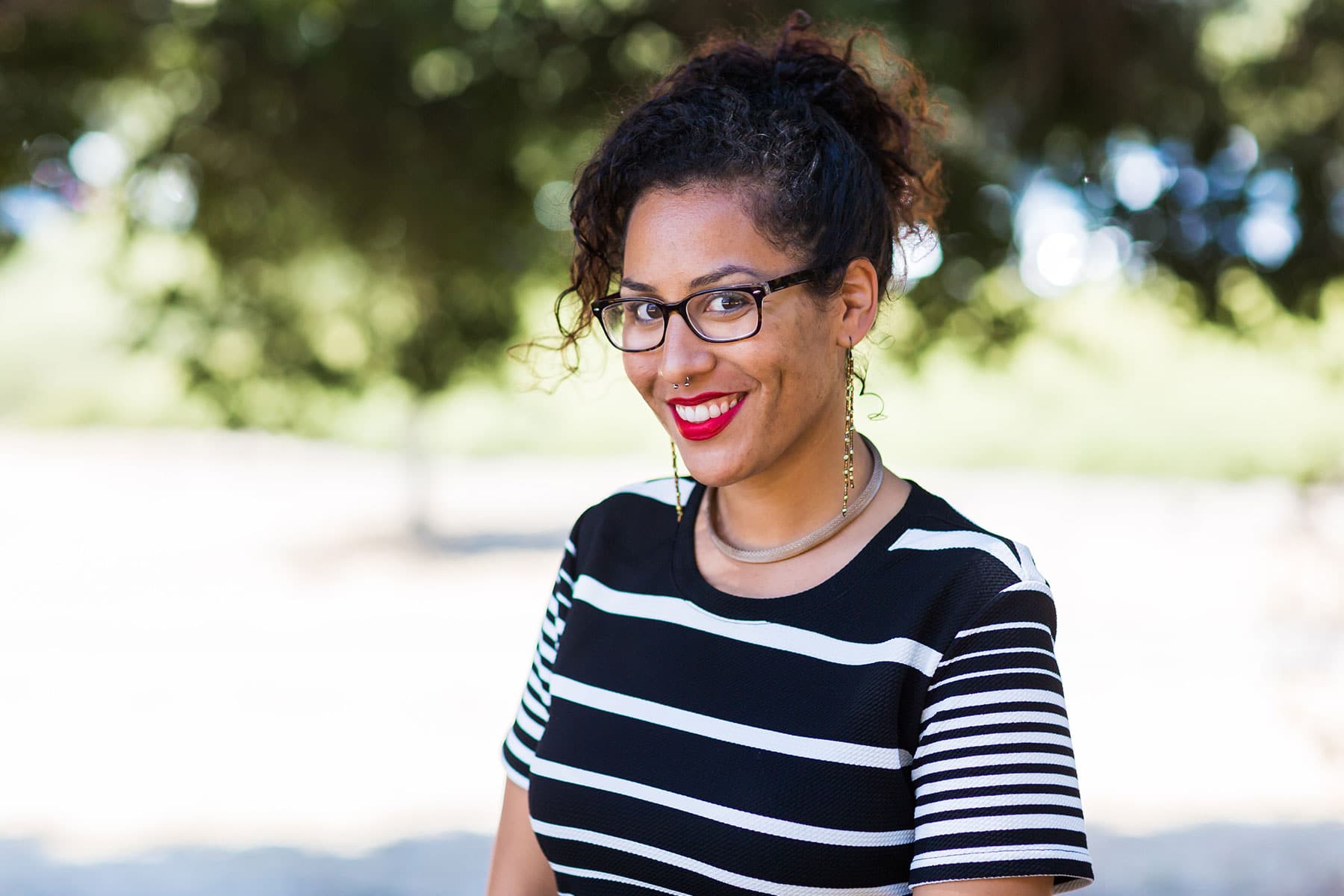Across the non-profit sector, people of color represent 40% of the workforce but less than 20% of the executive directors or CEOs. To address this gap, Tipping Point developed the Emerging Leaders Fellowship to support the growth and leadership skills of non-profit leaders of color. We’ve asked participants to share their thoughts on leadership during turbulent times. Miranda Shepherd, Interim Director of Development at KIPP Public Schools Northern California, shares her perspective.
We finished the Tipping Point Emerging Leaders Fellowship opening retreat on March 11, 2020—the day COVID was declared a global pandemic. We, the 12 leaders of color from across the non-profit spectrum chosen from hundreds of applicants, said our goodbyes, left the hotel, and never saw each other in-person again.
Led by the incredible Dr. Akilah Cadet, our cohort built our community virtually for the rest of the fellowship. Our learning cohort was charged with this question: how do you lead in a time of great change? On monthly Zoom calls, we would check in on how we were coping, how we were taking care of ourselves (or not) while leading in a world flipped upside-down, how we were managing COVID-stricken partners, child care, promotions, and more.
We built community by showing up even when we were not okay, and naming when that was the case. We created a space where we could share both our triumphs (purchasing a new house, stepping up in new roles, welcoming babies into this world!), and the very real challenges of learning to lead when the very foundations of our world were shaking under our feet.
In this sea of transitions, we found our common ground. We shared stories of advocating for ourselves as people of color who were too often not compensated or recognized for all we were bringing to the table. We identified patterns of anti-Blackness and racism that emerged on the streets and at work—and traded strategies, encouragement, and practiced the revolutionary act of believing in ourselves. Our executive coaches echoed these lessons and helped us put our learnings into practice.
We learned to lead through change by adapting, by recognizing and naming our strengths and struggles, and by supporting our teammates in their own leadership journeys. We lifted as we climbed—and occasionally stopped to rest.
I went from an Associate Director three-months into her new role, to an Interim Director of Development leading our first all-digital annual appeal and successfully raising over $6 million in the midst of a pandemic. I was able to step up in my work because I had this community that reminded me to take care of myself. When the other fellows were facing burnout and exhaustion, I was quick to ask them to rest and have grace for themselves. The other fellows pushed me to take my own advice. Women of color—Black women like me—are used to fighting for our communities. We are less used to fighting for ourselves.
I am able to lead in this time of astounding and unrelenting change by holding grace at my center. I have grace for myself when the words on my screen blur together. I have grace for my peers who struggle with much more than shows up in the frame of their Zoom window. I have grace for the many bumps on the road to a more just and loving world–because that’s the only way I can stay on this journey.
In my final presentation at our fellowship closing retreat in October, I named grace as one of my core values. I not only became a more strategic and confident leader during the course of this fellowship, but I also learned I must have grace for myself.
This Thursday, we have our first official check-in as alumni of the program. We’ve had informal check-ins and meme-sharing on our active group chat, but I am so looking forward to meeting again in our very own Zoom room. I’m sure much has shifted since last year, but I know with grace we will get through this relentless change together.


